Question And Answer
Publications
Articles, publications, books, tools and multimedia features from the U.S. Institute of Peace provide the latest news, analysis, research findings, practitioner guides and reports, all related to the conflict zones and issues that are at the center of the Institute’s work to prevent and reduce violent conflict.
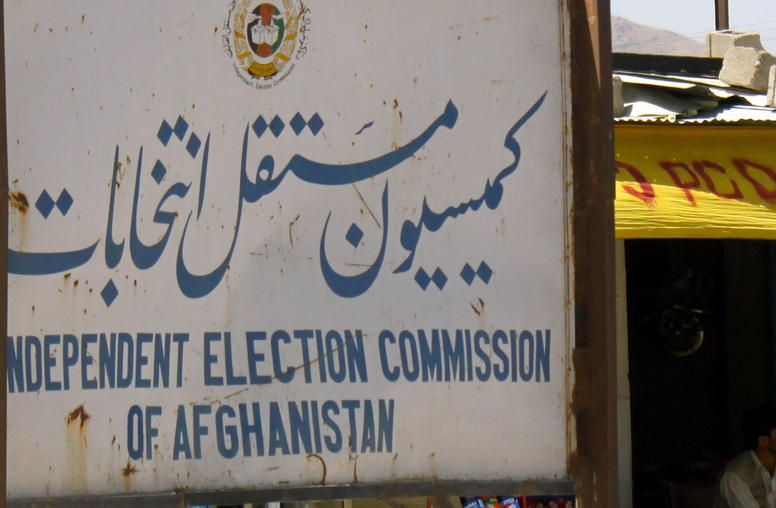
Q&A: Afghan Elections
On April 5 Aghanistan will hold presidential and provincial council elections and they mark an important point in history for the country. USIP’s Scott Smith provides a background on the elections.
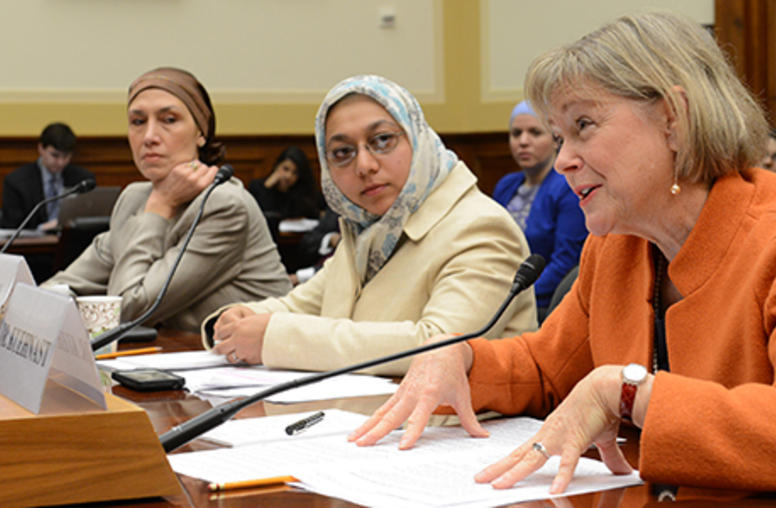
Girls’ Education Advances Security, USIP’s Kuehnast Tells House Foreign Affairs Panel
Expanding educational opportunities for women and girls around the world advances American and international security interests and should be part of a long-term strategy to prevent violent extremism, said Kathleen Kuehnast, director of the Center for Gender and Peacebuilding at the U.S. Institute of Peace, in a hearing of the House Foreign Affairs Committee.
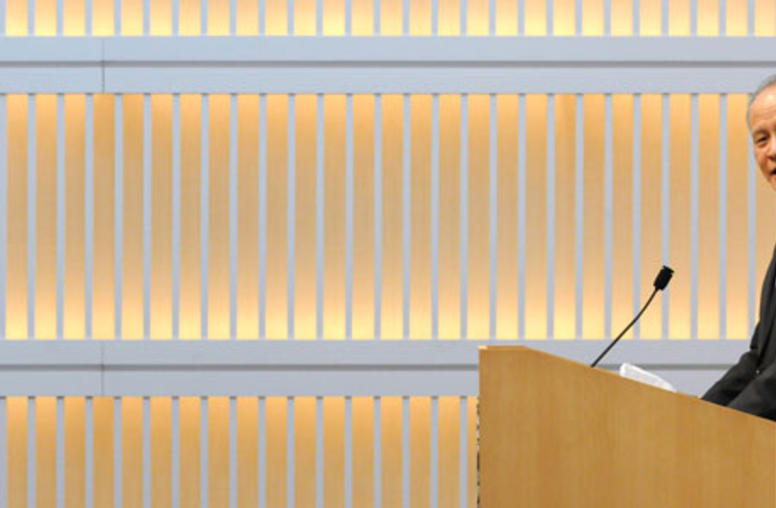
China’s Ambassador Says Ties with U.S. Are No Longer 'Zero-Sum Game'
Ambassador Cui Tiankai of the People's Republic of China spoke at the U.S. Institute of Peace (USIP) about the "new model of major country relations" between the U.S. and China, underscoring that cooperation benefits not only the two countries but the world.
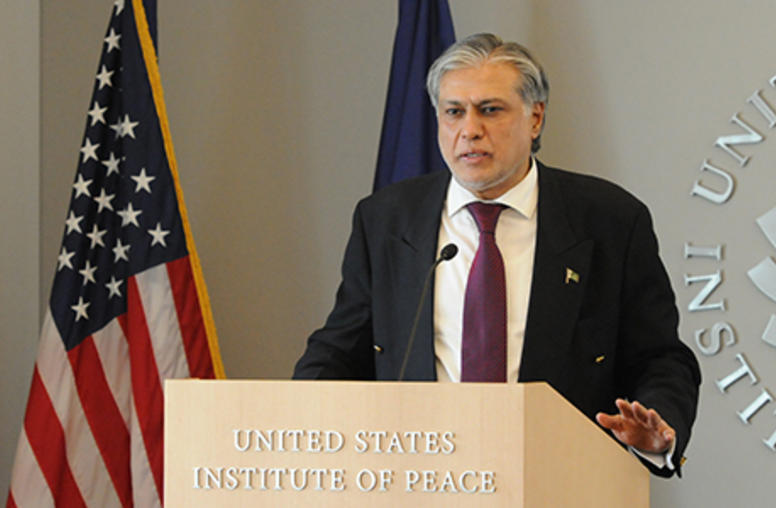
Pakistan’s New Government Seeks Exit from Economic Malaise
Pakistan Finance Minister Mohammad Ishaq Dar wrapped up a round of road shows for international investors recently as the country returns to the bond markets after a multi-year hiatus. During an appearance at the U.S. Institute of Peace (USIP) last week, he joked that he was still in sales mode as he gave an upbeat assessment of the government’s drive to strengthen the economy.
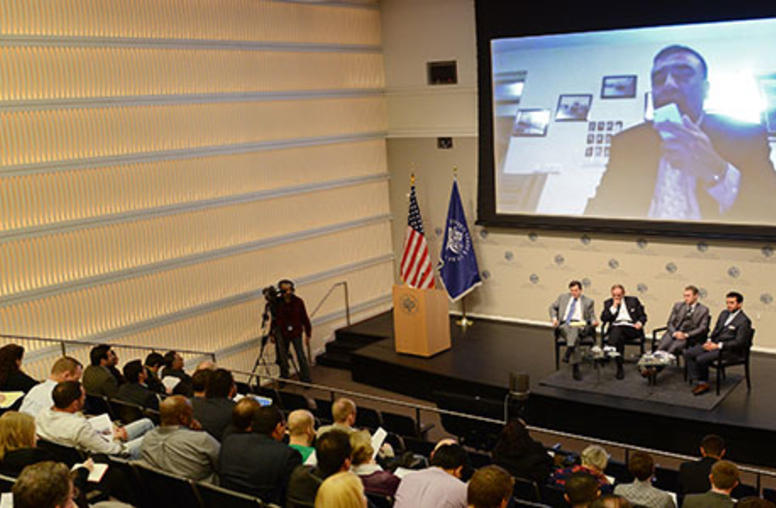
Next Steps for Afghanistan
“The Afghan people voted for change. Change in life, in educational and employment opportunities, in better governance,” Shahmahmood Miakhel, USIP’s Afghanistan country director and former Afghan Deputy Minister of Interior, said at a USIP event First Impressions of the Afghan Elections on April 9.
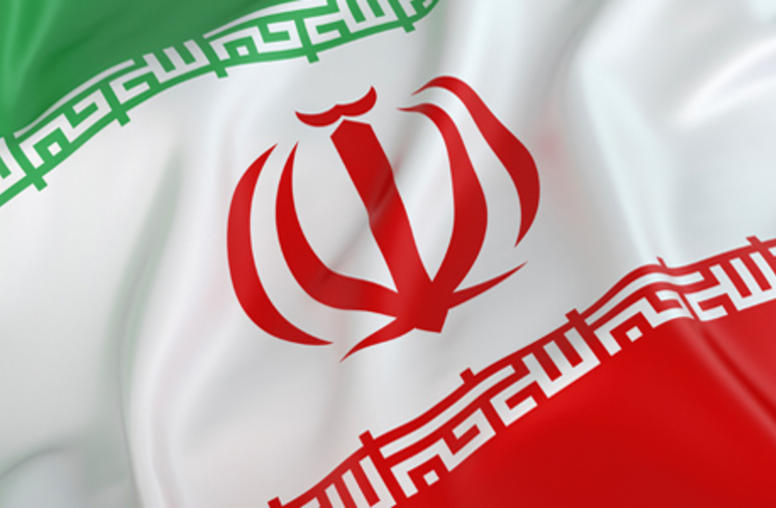
From Détente to Meltdown
As "self-defense forces" storm Ukrainian bases in Crimea and Russian President Vladimir Putin embraces the peninsula's return to the Russian Motherland, Moscow's adventurism is creating a dangerous ripple effect far beyond the cold shores of Crimea. With Russia, the United States, and Europe dancing around the abyss of a new Cold War, Moscow's cooperation in resolving other international disputes will be severely tested. The first casualty of the Crimea debacle could be the ongoing efforts of...
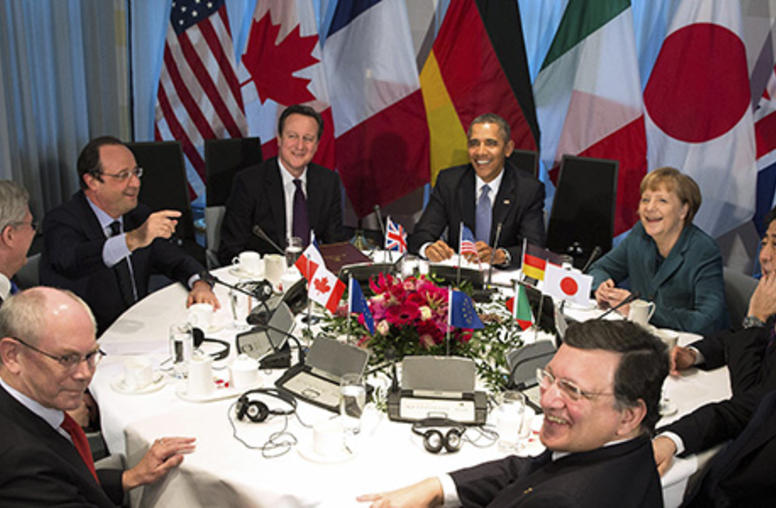
The Big Chill
The sanctions that were placed on Bank Rossiya on Friday, March 21, have sent shock waves through Russian business and financial circles. In the intervening days, hundreds of thousands of Russians have lost access to Visa and MasterCard services. Russian oligarchs have stopped boasting that they are on the U.S. blacklist as international bankers and have begun to shy away from their businesses -- and their access to credit dried up while their stock prices tumbled. Russian owners of mining, m...
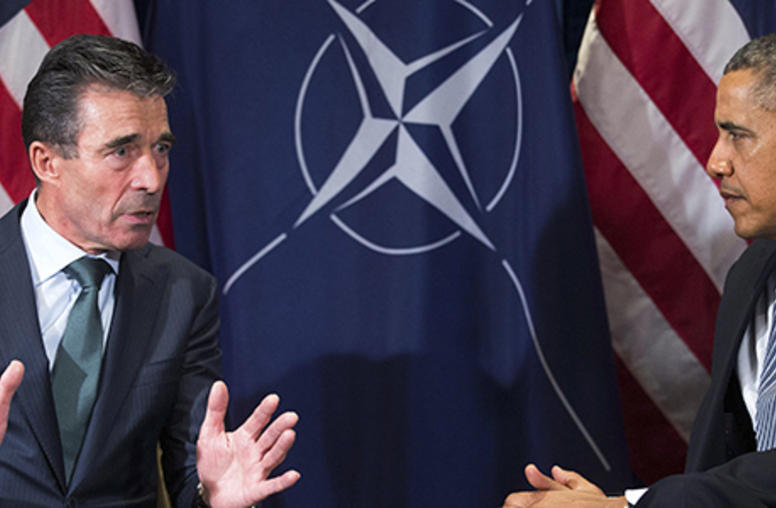
When Sanctions Aren't Enough
It should be clear now that the West has a Russian security problem. Twice in the last six years, the Kremlin has seized territory in a neighboring country on the grounds of protecting minorities or ethnic Russians and Russian speakers. In each instance, the rejoinder from the West proved to be inadequate. Now, this threat demands a broad response that goes beyond the steps taken to date, that will deter the Kremlin from further aggression.
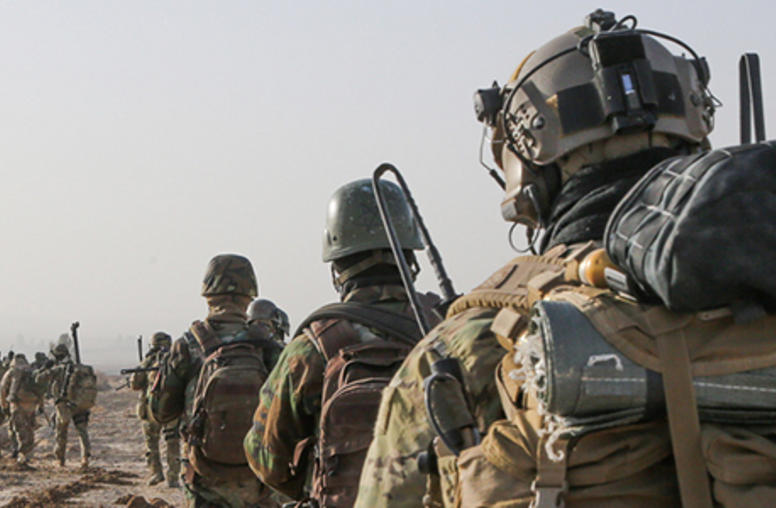
America the Gentle Giant
Vladimir Putin's cynical efforts to annex Crimea and intimidate the fledgling government of Ukraine make it all too clear that naked aggression in world affairs is not a thing of the past. The United States and its allies must respond firmly when such aggression occurs. But there are other perhaps less dramatic instances of resorting to force of arms. These include unresolved disputes between states -- or ethnic, tribal, and religious disputes within states -- that degenerate into armed confl...
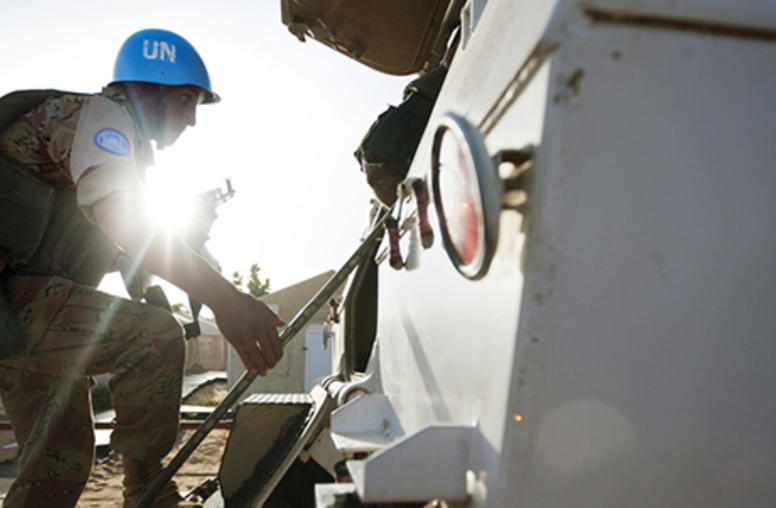
'Never Again' Isn’t Enough
The 20th anniversary of the Rwandan genocide offers an opportune moment to reflect on the horrific events of 1994, and honor the countless victims and survivors who still carry the collective trauma of mass murder. Remembering these deliberate efforts to extinguish an entire ethnic community should not only give us pause, but also encourage our atrocity prevention community, including humanitarian and peace organizations around the world, to rethink how such failures of humanity can guide us ...